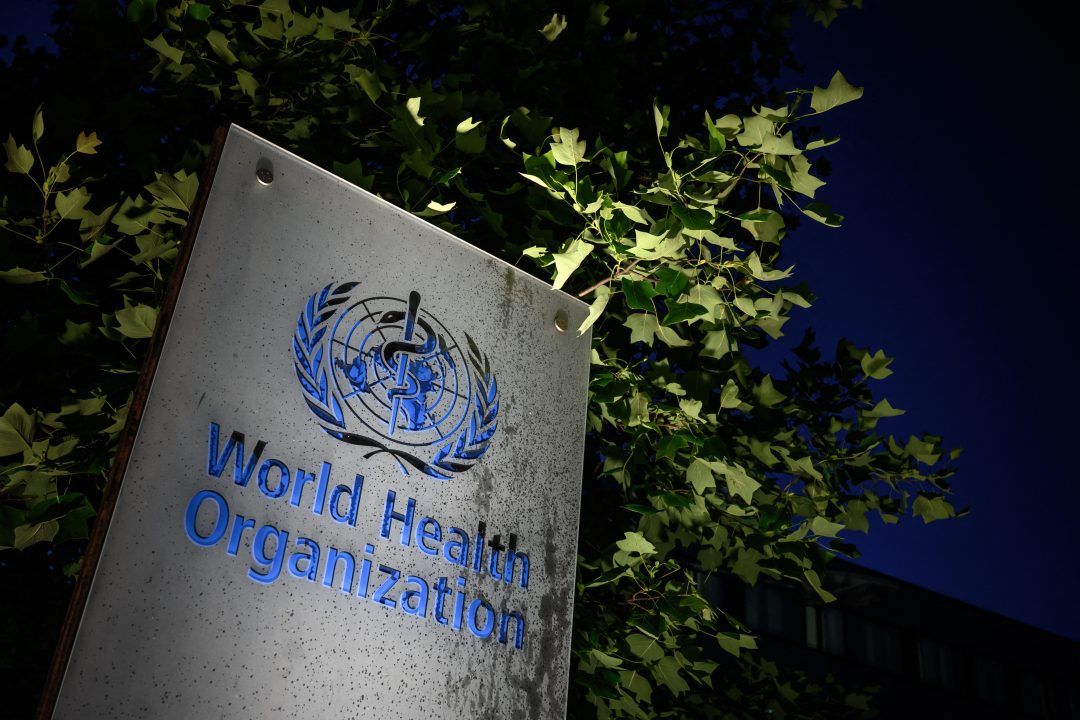- Home
- War in the Middle East
- WHO Announces Reduction in Gaza Aid Capacity

©AFP / Fabrice COFFRINI
The WHO announced a reduction in its capacity to aid Gaza residents on Tuesday, citing a "humanitarian catastrophe" unfolding in the territory due to the war led by Israel against Hamas.
The World Health Organization (WHO) stated on Tuesday that its ability to assist the residents of Gaza has diminished, as a "humanitarian catastrophe" unfolds in the territory devastated by the war led by Israel against Hamas.
"We are witnessing this humanitarian tragedy unfolding before our eyes, along with the very rapid collapse of the healthcare system," said Sean Casey, a coordinator of the World Health Organization's emergency teams, via video conference from Gaza.
However, according to Casey's statements, the WHO has not observed a decrease in intensity on the ground.
Despite the resolution adopted last month by the UN Security Council, calling for an increase in humanitarian aid to Gaza, the WHO reports a deterioration of the situation in the region.
Casey emphasized that the WHO and other UN agencies "constantly strive to reach areas with the most urgent needs." The WHO has been unable to access the northern Gaza Strip in the past two weeks and had to cancel six planned missions.
According to the organization, only 15 out of 36 hospitals in Gaza are operational, at least partially, with most located in the southern part of the Strip. The WHO reported scenes of despair in the remaining hospitals in the north, lamenting the lack of essential provisions such as food, water, medicine and fuel.
It also emphasized that the situation was becoming increasingly critical in the central and southern areas of the territory.
Additionally, Casey highlighted that the European Gaza Hospital, Nasser Medical Center and Al-Aqsa Hospital, previously among the most effective institutions, are now situated near evacuation zones.
He visited Al-Aqsa Hospital on Sunday and observed that hundreds of patients and nearly 70% of the staff had fled as the fighting intensified in the vicinity.
Khalil Wakim, with AFP
The World Health Organization (WHO) stated on Tuesday that its ability to assist the residents of Gaza has diminished, as a "humanitarian catastrophe" unfolds in the territory devastated by the war led by Israel against Hamas.
"We are witnessing this humanitarian tragedy unfolding before our eyes, along with the very rapid collapse of the healthcare system," said Sean Casey, a coordinator of the World Health Organization's emergency teams, via video conference from Gaza.
However, according to Casey's statements, the WHO has not observed a decrease in intensity on the ground.
Despite the resolution adopted last month by the UN Security Council, calling for an increase in humanitarian aid to Gaza, the WHO reports a deterioration of the situation in the region.
Casey emphasized that the WHO and other UN agencies "constantly strive to reach areas with the most urgent needs." The WHO has been unable to access the northern Gaza Strip in the past two weeks and had to cancel six planned missions.
According to the organization, only 15 out of 36 hospitals in Gaza are operational, at least partially, with most located in the southern part of the Strip. The WHO reported scenes of despair in the remaining hospitals in the north, lamenting the lack of essential provisions such as food, water, medicine and fuel.
It also emphasized that the situation was becoming increasingly critical in the central and southern areas of the territory.
Additionally, Casey highlighted that the European Gaza Hospital, Nasser Medical Center and Al-Aqsa Hospital, previously among the most effective institutions, are now situated near evacuation zones.
He visited Al-Aqsa Hospital on Sunday and observed that hundreds of patients and nearly 70% of the staff had fled as the fighting intensified in the vicinity.
Khalil Wakim, with AFP
Read more



Comments